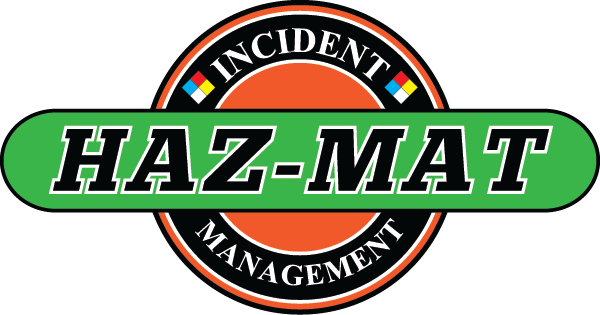Vehicle Accidents and Hazardous Spills: A Guide for Denton County First Responders
Accidents happen fast. When they involve hazardous materials like diesel, oil, or coolant, the risks multiply not just for the drivers but for everyone on the scene. In Denton County, where highways like I-35 and US-380 carry thousands of trucks each day, first responders are often the first line of defense when a spill occurs.
This guide is built specifically for firefighters, police, EMS crews, and tow operators who arrive first. Here’s what you need to know to stay safe, protect the public, and ensure compliance when a vehicle accident leads to a hazmat spill.
First Responder Priorities at the Scene of a Vehicle Spill
1. Secure the Scene
Before addressing the spill, it’s critical to secure the area. This may involve:
- Shutting down affected traffic lanes
- Setting up perimeter control
- Notifying dispatch of potential hazmat involvement
2. Assess the Material Involved
Take a visual scan of the vehicle(s) and note:
- Is there visible leakage?
- Are containers marked with hazard labels?
- What is the volume of the spill, and is it flowing toward drains or soil?
If the cargo is unknown or you’re unsure, always treat the material as hazardous until confirmed otherwise.
3. Protect the Public and Responders
Depending on the nature of the spill:
- Reroute traffic to avoid exposure
- Use PPE as appropriate
- Initiate evacuations for larger or highly flammable spills
Do not allow bystanders or non-certified personnel near the material.
What Not to Do
Even experienced responders should avoid these common missteps:
| Action | Why It’s Risky |
| Attempting cleanup without hazmat certification | Violates OSHA regulations and can cause health hazards |
| Using water to dilute unknown substances | May spread the contamination or cause dangerous reactions |
| Ignoring small spills | Even minor leaks can seep into soil or stormwater drains and trigger fines |
| Transporting contaminated materials without documentation | Creates compliance violations and legal exposure |
When and How to Call a Hazmat Team
First responders should call a dedicated hazmat response crew when:
- The spill volume is more than a few gallons
- Any regulated substance (fuel, coolant, oil) has entered soil or a storm drain
- There is visible leakage from a commercial vehicle involved in a crash
- Your agency is not equipped for certified hazardous material disposal
To request immediate spill cleanup in Denton County, call Haz-Mat Incident Management at 972-569-7505. Our crews are certified, 24/7 ready, and arrive within 45 minutes to contain, clean, and document the spill.
How Haz-Mat Incident Management Supports Denton County First Responders
Haz-Mat Incident Management works with Denton County police, fire, and EMS teams to clean up the scene and ensure the site meets all compliance requirements before the public returns.ing released back to the public.
Our Support Includes:
- Fast dispatch with certified crews
- Full containment and cleanup of vehicle fluids
- Surface restoration and hard surface decontamination
- Proper waste profiling and disposal
- Documentation for city, county, and DOT reporting
Let’s Keep Denton County Safe, Together
Your team handles the critical first steps. Ours handles the rest. Together, we protect Denton County’s roads, water systems, and communities.
Partner with Haz-Mat Incident Management for fast, reliable spill remediation.
📞 Call 972-569-7505 or Request Spill Response Online
